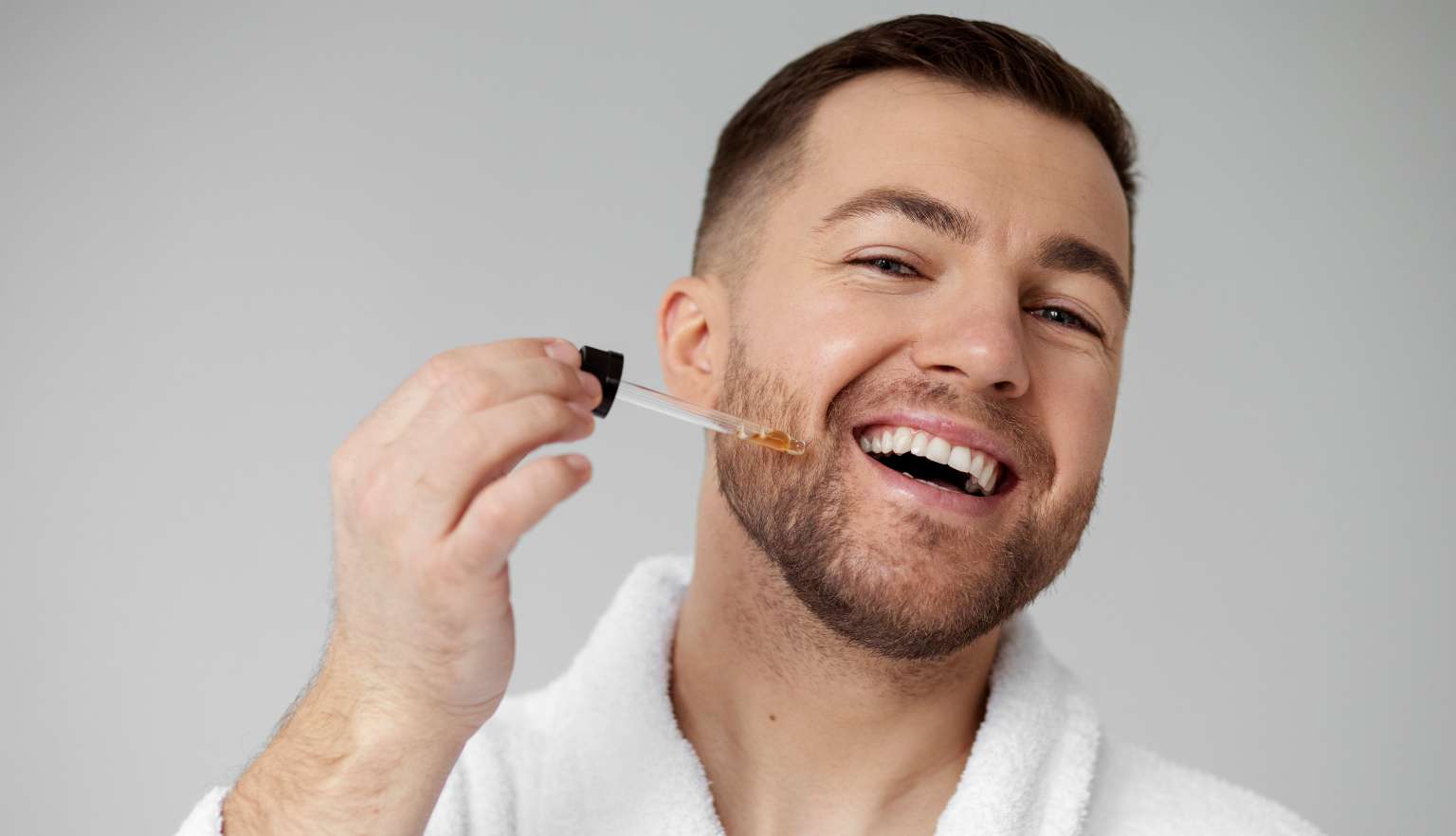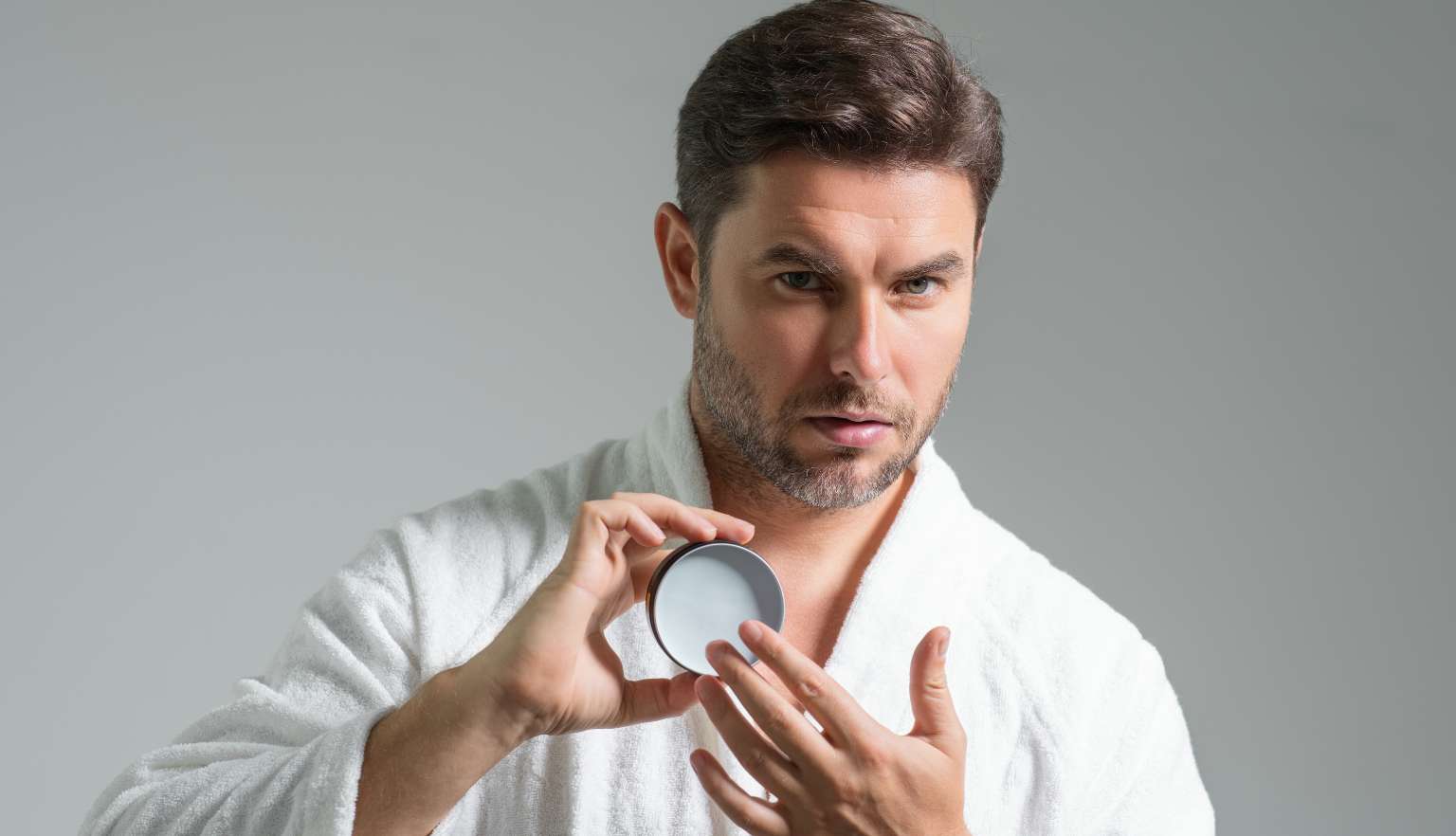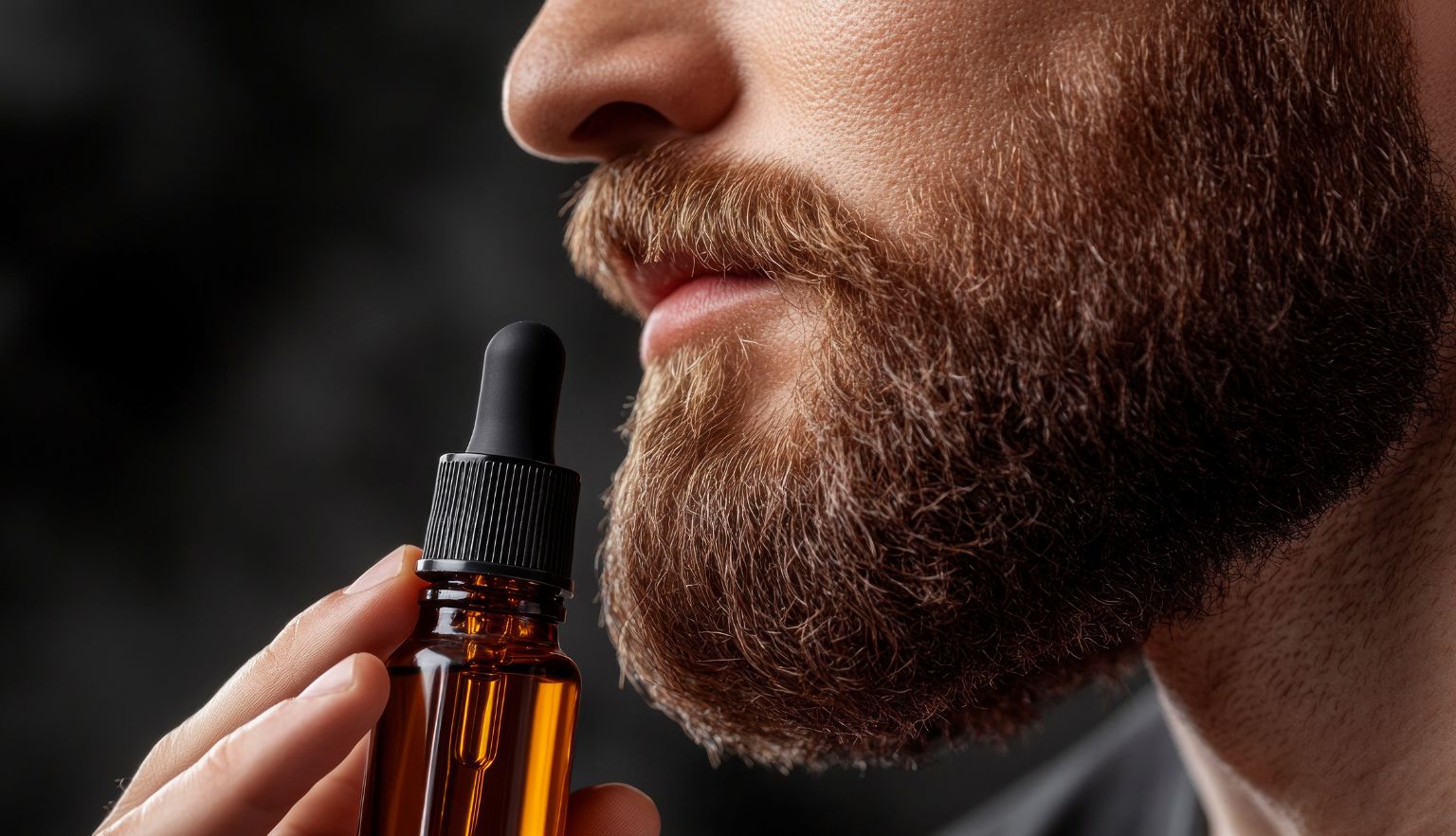How to Choose the Best Beard Oil for Sensitive Skin: A Complete Guide
If you're part of the growing tribe of young men embracing the beard life, chances are you’ve already realized it takes more than just letting your facial hair grow. For guys with sensitive skin, the grooming products for men can get a little tricky. Redness, itchiness, and irritation aren’t just uncomfortable—they’re major style killers.
That’s where beard oil for sensitive skin comes in. It’s not just about shine or scent; it's about making sure your skin and beard are both healthy and happy. In this complete guide, we’ll walk you through how to pick the perfect beard oil tailored to sensitive skin, what ingredients to look for, and which mistakes to avoid. Let's keep it simple, clear, and real—because your beard deserves the best.
Why Beard Oil is a Must for Sensitive Skin
Sensitive skin reacts easily to harsh products, weather changes, and even your grooming habits. When you skip beard oil or choose the wrong one, your skin can get dry, flaky, or inflamed. A high-quality beard oil for sensitive skin doesn’t just moisturize your beard; it soothes your skin underneath too.
The right product can:
-
Calm redness and itchiness
-
Prevent beard dandruff (aka beardruff)
-
Soften beard hair
-
Promote healthier, stronger growth
Beard oil isn't optional—it's essential, especially if you’re just starting out in your grooming journey.
What Makes a Beard Oil Good for Sensitive Skin?
Not all oils are created equal. While some may smell great or promise fast results, they might contain ingredients that irritate sensitive skin.
Here’s what to look for when choosing a beard oil for sensitive skin:
1. Natural and Organic Ingredients
The fewer chemicals, the better. Ingredients like jojoba oil, argan oil, and almond oil are gentle, non-comedogenic (won’t clog pores), and rich in nutrients. Natural oils closely mimic the sebum your skin naturally produces, making them ideal for sensitive types.
2. Fragrance-Free or Mildly Scented
Strong fragrances can be a red flag for sensitive skin. Choose beard oils that are either fragrance-free or use essential oils in low concentration. Essential oils like lavender, tea tree, or chamomile can provide a subtle scent without irritating your skin.
3. No Alcohol or Harsh Additives
Avoid products that contain alcohol, synthetic dyes, or preservatives like parabens and sulfates. These can dry out your skin and cause irritation.
4. Lightweight and Non-Greasy
The best beard oil for sensitive skin should absorb quickly and not leave a greasy residue. Heavy oils can clog pores, especially if your skin tends to react easily.
How to Test Beard Oil on Sensitive Skin
Before applying any new beard oil, do a patch test. Dab a few drops on the inside of your wrist or behind your ear and wait for 24 hours. If you notice any redness, itching, or burning, that product isn’t for you.
Also, remember that a little goes a long way. Start with 2-3 drops and increase based on your beard length.
Youth-Focused Grooming Tips
Let’s face it—grooming can feel overwhelming, especially with all the options on the market. But if you're a young guy juggling college, work, or just trying to level up your look, here are some no-nonsense tips:
-
Be consistent: Using your beard oil for sensitive skin daily gives the best results. Right after a shower is ideal since your pores are open and your skin can absorb the oil better.
-
Stay hydrated and eat clean: What you eat affects your beard too. Omega-3-rich foods and proper hydration help your beard grow stronger and your skin stay calm.
-
Trim wisely: Regular trimming keeps your beard neat and prevents split ends, but avoid over-trimming, especially if you’re still in the early growth phase.
Mancode’s Gentle Beard Care Option
If you're looking for a brand that understands modern grooming and caters to sensitive skin, Mancode is a name worth knowing. With a focus on clean, skin-friendly formulations, Mancode offers beard oil for sensitive skin that is enriched with natural oils, free from harmful chemicals, and designed specifically for Indian skin types.
Their lightweight formula absorbs fast, reduces irritation, and gives your beard a soft, well-groomed finish—perfect for college students or young professionals who want to look sharp without putting their skin at risk.
Common Mistakes to Avoid
Even the best beard oil won’t work if you’re making these rookie mistakes:
-
Using too much oil: A shiny beard is good; a greasy one is not. Use just enough to lightly coat your beard.
-
Applying on a dirty beard: Beard oil isn’t a substitute for washing. Clean your beard first, then apply oil.
-
Ignoring your skin: Always massage the oil into the skin underneath the beard. That’s where the magic happens.
-
Skipping it altogether: Your beard and skin both need moisture. Skipping beard oil—especially when you have sensitive skin—can lead to dryness and itchiness fast.
What to Expect After Using Beard Oil for Sensitive Skin
The results won’t be instant, but within a week or two of consistent use, you’ll notice:
-
Less itching and flaking
-
Softer, more manageable beard hair
-
A healthy glow without oiliness
-
Improved skin texture underneath the beard
Long-term use will also improve your beard’s strength, reduce patchiness, and promote more even growth.
Conclusion
Grooming is self-care. Choosing the right beard oil for sensitive skin is about taking care of your skin, your confidence, and your identity. You don’t have to deal with itchy, flaky skin just because you want to grow a beard. The right product can make all the difference.
Remember—natural ingredients, no harsh chemicals, and a light, non-greasy feel should be your checklist. Whether you’re starting your grooming routine or looking to upgrade it, don’t ignore what your skin is trying to tell you.
If you're looking to start strong, go for trusted names like Mancode that understand the grooming needs of the modern man. Take the time to experiment and listen to your skin. Your future self (and your beard) will thank you.



